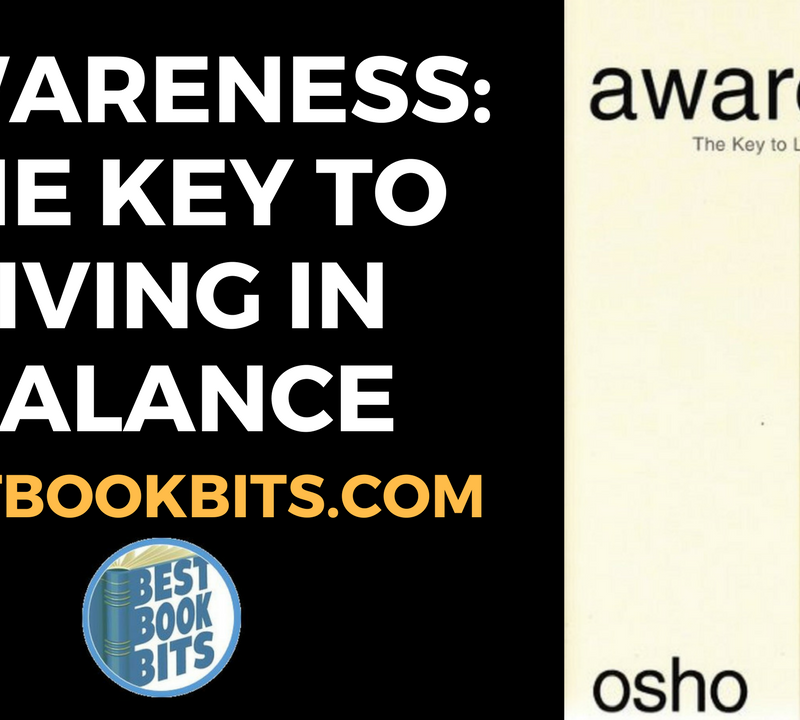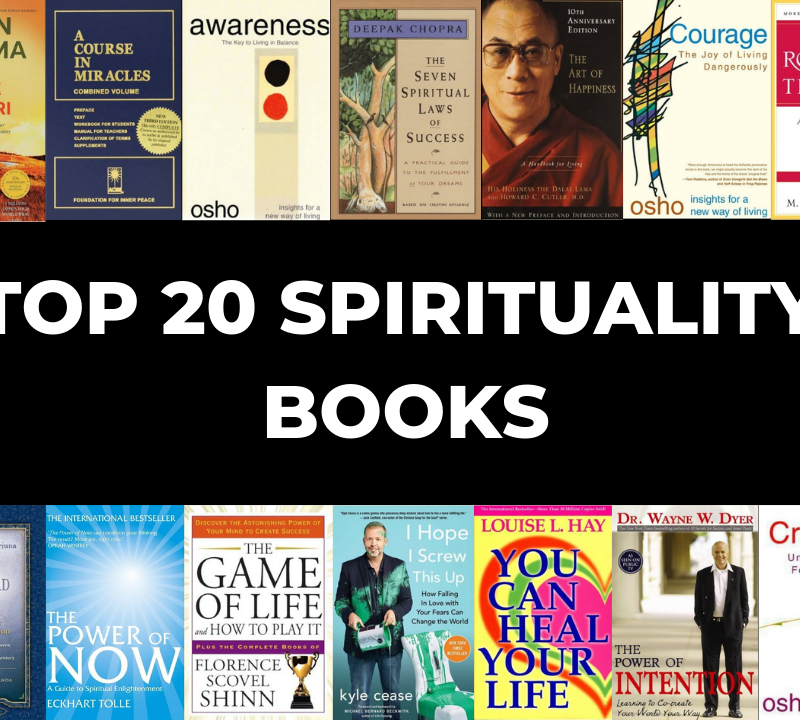JOIN THE ‘BEST BOOK CLUB’ NOW HERE
DOWNLOAD THIS FREE PDF SUMMARY HERE
STOP TRYING TO ACHIEVE YOUR GOALS BY YOURSELF AND BE COACHED TODAY HERE
CHECK OUT THE FOLLOWING Book | Summaries | Course | YouTube |Spotify | Instagram | Facebook | Newsletter | Website
A Guide To Rational Living by Albert Ellis
A Guide to Rational Living (1975) suggests that it is our irrational thoughts and beliefs which are the root cause behind most of the emotional disturbances that we experience. The author, Albert Ellis (1913 – 2007) was one of the most influential psychotherapists to have lived. He pioneered Rational Emotive Behavior Therapy (REBT) which gained widespread popularity in the 1960s and is the foundation of this book.
- “People and things are not in themselves upsetting. Rather, it is our telling ourselves that they are upsetting which upsets us.”
- “Rational living, like all aspects, is a process, an ongoing attempt, an experiment; it is hardly a product or a final result.”
- The aim of adopting rationality is not to be more happy, but rather –to straighten out one’s thinking so that one is chronically less unhappy.
- Irrational philosophies: “Isn’t it terrible that…?” “Wouldn’t it be awful if… ?”
- Disputeirrational philosophies: “Why would it be so terrible that…?” “Would it really be so awful if…?”
- The three musts that hold us back: (1) I mustdo well, (2) you must treat me well and (3) the world must be easy.
- “The best years of your life are the ones in which you decide your problems are your own. You do not blame them on your mother, the economy, or the president. You realize that you control your own destiny.”
. . .
A Guide To Rational Living Summary
KEY INSIGHTS
DEFINING RATIONALITY
“…life is truly rational only when it is experienced for the purpose of making the liver less unhappy and more satisfied with his existence.”
Addressing the misconception that many critics of rational therapy tend to hold, Ellis clarifies that adopting rationality is not synonymous with living a cold, unfeeling and mechanical existence.
He writes: “human reason… includes and decidedly makes allowances for emotionality, unthinking habit performance, and whatever else is needed for an effective, anxiety-minimized existence.”
Furthermore, he adds that “human emotion, sensitivity, creativity, and art are normally as rational as they could possibly be.”
THE DIFFERENCE BETWEEN THINKING AND ‘EMOTING’
Some people perceive, move, THINK and feel, whereas others perceive, move, think and FEEL. The latter predominantly feel, whilst the former are those who predominantly think.
Here’s an example to clarify: The thinking person may notice moldy bread, remember that eating the moldy part of the bread previously made them ill, and therefore cut the moldy part and eat the remainder. One the other hand, the emotional individual may see the same piece of bread and remember so violently or prejudicially his previous experience with the moldy part, that he throws away all of the bread!
In this scenario, the thinking person uses maximum information available to him (moldy bread is bad, but not-moldy bread is good). The emoting individual, however, uses only part of the information (moldy bread is unpleasant).
As a result, Ellis argues that a thinking individual is a person who is able to make better, more informed decisions because he is less biased by previous experiences. In addition, he can consider his past experiences without being overwhelmed by them.
JOIN THE ‘BEST BOOK CLUB’ NOW HERE
DOWNLOAD THIS FREE PDF SUMMARY HERE
STOP TRYING TO ACHIEVE YOUR GOALS BY YOURSELF AND BE COACHED TODAY HERE
CHECK OUT THE FOLLOWING Book | Summaries | Course | YouTube |Spotify | Instagram | Facebook | Newsletter | Website
WHY THE ‘THINKING’ PROCESS IS EMPHASIZED IN RATIONAL PSYCHOTHERAPY
Albert Ellis writes: “Man, in competition with other animals, once had the problem of seeing, moving, and thinking better than they did, in order to ensure his own survival. Today, after inventing eyeglasses, radar, aircraft, electronic calculators, and other perceiving-moving-thinking aids, he rules supreme on this earth and is literally seeking other worlds to conquer.
Only in the emotional area has man yet made remarkably few advances. In spite of amazing progress in other areas, he still is not appreciably more emotionally mature, stable, and happy than he was in past centuries.” Indeed, he is in some ways more childish, emotionally uncontrolled, and mentally ill than ever.”
THE TWO TYPES OF PAIN & HOW ONE’S ATTITUDE CAN MAKE THINGS WORSE.
In his book ‘A Guide to Rational Living,’ Ellis tells us that there are two types of pain that an individual may experience. The first is physical pain which one may experience from a headache or by being physically assaulted or by having an accident, etc. The second is psychological pain, which is experienced through rejection, the loss of a family member, or being anxious or depressed.
With physical pain, you don’t have much control over, as something could literally fall on you or you could be in an accident. Although these events are unfortunate, Ellis tells us that one can make the pain that they experience as a result of the event significantly worse, merely with the attitudes they hold.
He clarifies: “Sustained emotion, in particular, normally stems from sustained thought. Since adult human beings usually think in terms of internalized phrases and sentences, or self-talk, they sustain their emotions by talking to themselves or by telling themselves certain kinds of sentences.
If you have a headache and keep telling yourself how terrible the pain is and how unfair it is that you have been afflicted with it, then you will tend to prolong and intensify your discomfort. On the other hand, if you tell yourself that it is unfortunate that you have a headache and that it is not so bad since it is something that happens to people… then you don’t add to the discomfort and the pain eventually subsides.
Thus, human emotions can often be radically controlled or changed by determining precisely the kind of sentences lying behind them and then by changing these sentences.”
ON DEPRESSION
Ellis points out that what we tell ourselves, or in other words –our internal dialogue, is one of the main causes behind our depression.
His book contains numerous transcripts of recorded therapy sessions between him and his patients. The following is an instance where Ellis advises one of his clients on how to cure themselves of their depression:
“The best you can do, at first, is to observe you’re depressed states after they have already arisen. And then to see, by theoretical analysis and inference, that you must have brought them on by telling yourself some nonsense.”
“…this will often be difficult. For once your depression sets in, as you noted a while ago, you don’t feel like un-depressing yourself again; you almost want to stay depressed. And unless you combat this feeling, and actively go after your underlying sentences with which you created your depression, you will, of course, stay quite miserable.”
Now, the depressed individual faces a dilemma: to remain depressed indefinitely or to force themselves to tackle those negative feelings by observing what they did to create it in the first place.
“A tough choice,” writes Ellis… “But if you keep taking the lesser of these two evils. That is –combating your negative feelings, then eventually the time comes when your basic philosophy of life matures. As a result, you will depress yourself much more rarely to begin with and have an easier time getting yourself out of your vile mood when you do unconsciously put yourself in one.”
OVERCOMING ANXIETY
On the subject of anxiety, Ellis stresses the importance of being able to dispute one’s irrational philosophies:
“…track your worries and anxieties back to the specific sentences of which they consist. Invariably, you will find that you are telling yourself:
“Isn’t it terrible that…” “Wouldn’t it be awful if…” ”
He advises his patients to counter these irrational philosophies…
“Why would it be so terrible that…?”
“Would it really be so awful if…?”
He adds: “Certainly if this or that happened it might well be inconvenient, annoying, or unfortunate. But would it really be catastrophic?”
Thus, to overcome any specific anxiety, Ellis writes: “…verbal and active de-propagandization are usually essential. You must first realize that you created the anxiety by your internalized sentences, and you must vigorously and persistently ferret out these sentences and challenge and contradict them. Then you must also push yourself to do the thing you are senselessly afraid of and act against your fear.”
CONTROLLING YOUR EMOTIONS
“When you are, for any reason, overwhelmed with anxiety, anger, depression, or guilt, you should always realize that it is invariably not outward people and events that are causing you to feel these negative emotions, but your own illogical internalized sentences.
Even in the midst of these feelings, you can still generally look objectively at your own verbalizations. You then ferret out the irrational links in their chains (the shoulds, the oughts, and musts with which you have illegitimately woven into them), and vigorously question and challenge these irrationalities.”
EFFECTIVELY DEALING WITH PAST INFLUENCES
Ellis advises: “Accept the fact that your past is important and that you are bound to be significantly influenced by it in many ways. But accept, equally, the fact that your present is your past of tomorrow. You cannot today make a single right-about-turn and be an entirely different person from the one you were yesterday. But you can start changing yourself significantly today so that eventually you will be quite a different individual. By doing new kinds of thinking and undergoing new experiences in the present.”
He adds: “Objectively acknowledging your past errors, instead of moralistically blaming yourself for them, you can learn to use your disadvantageous past for your own present and future benefit. Instead of automatically repeating your past mistakes because you once made them, you can calmly observe and question these misdeeds.”
JOIN THE ‘BEST BOOK CLUB’ NOW HERE
DOWNLOAD THIS FREE PDF SUMMARY HERE
STOP TRYING TO ACHIEVE YOUR GOALS BY YOURSELF AND BE COACHED TODAY HERE
CHECK OUT THE FOLLOWING Book | Summaries | Course | YouTube |Spotify | Instagram | Facebook | Newsletter | Website













